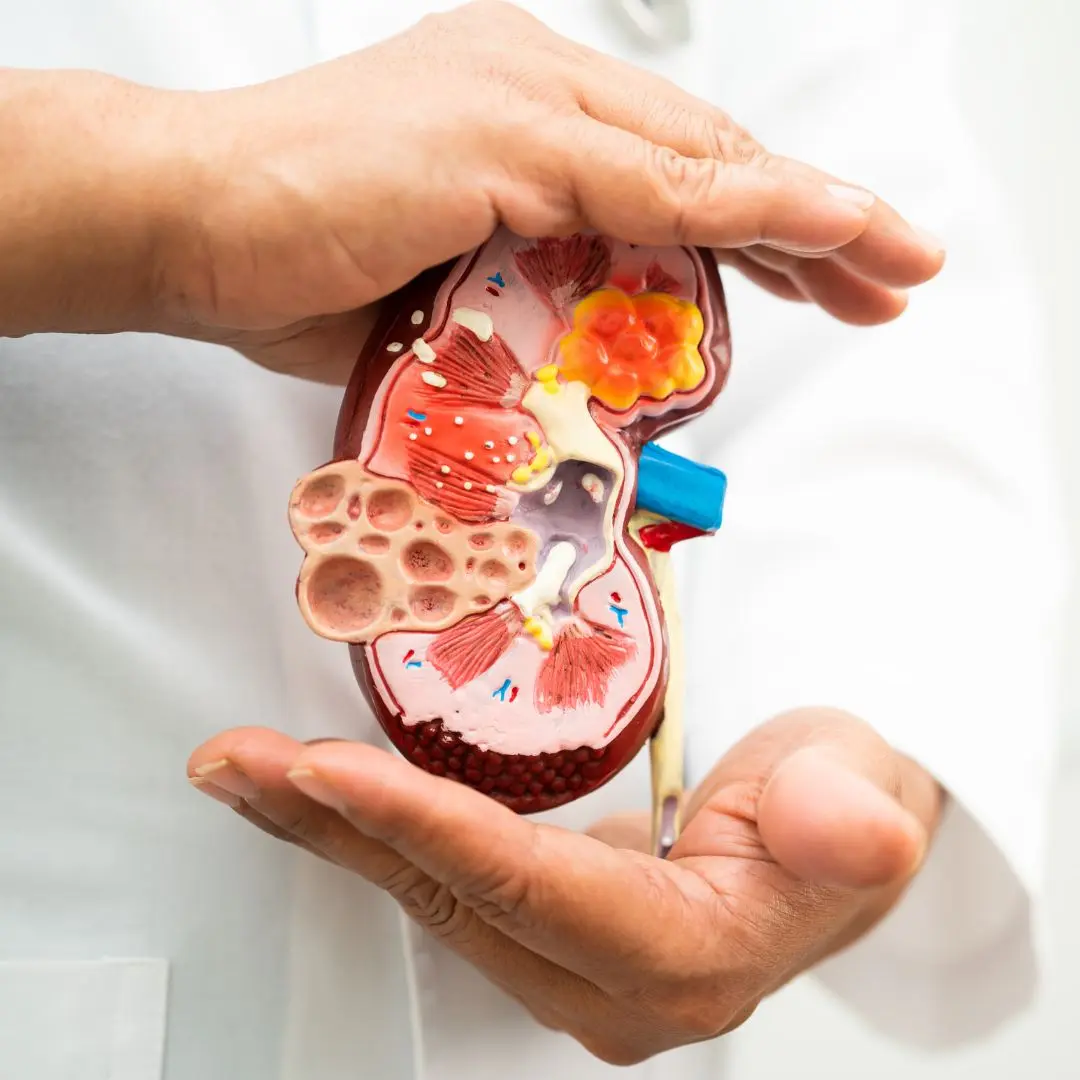Raisins, the deceptively simple dried grapes, are packed with nutrients and health benefits, making them an excellent snack choice for the elderly.

Blog
Elderly Health: Discovering the Nutritional Power of Raisins
Raisins, the deceptively simple dried grapes, are packed with nutrients and health benefits, making them an excellent snack choice for the elderly. With their natural sweetness, raisins are not only a tasty treat but also come with a plethora of health advantages crucial for aging bodies. Let's delve into why raisins should be a staple in the diet of elders.
Raisins are a dense source of energy, vitamins, and minerals. They are rich in fiber, iron, potassium, and antioxidants, all of which contribute to the overall well-being of elderly individuals. The presence of these nutrients in raisins supports various bodily functions, from digestion to heart health.
As we age, maintaining a healthy digestive system becomes increasingly important. Raisins, with their high fiber content, offer a natural solution. Fiber aids in regulating bowel movements, reducing the risk of constipation, a common concern among the elderly. Incorporating raisins into the diet can promote digestive health and comfort.
Raisins are beneficial for heart health due to their high potassium content, which helps lower blood pressure levels. They also contain antioxidants that prevent the oxidation of cholesterol, reducing the buildup of plaque in the arteries. Regular consumption of raisins can, therefore, contribute to cardiovascular health, a critical aspect for the elderly.
The trace minerals found in raisins, such as calcium and boron, play a crucial role in bone formation and maintenance. These minerals are essential for combating osteoporosis and ensuring strong bones, making raisins an ideal snack for supporting skeletal health in older adults.
Raisins are a great source of natural sugars, providing a quick energy boost without the highs and lows associated with refined sugar snacks. They can also aid in weight management due to their fiber content, which promotes a feeling of fullness and reduces overall calorie intake. For elders looking to manage their energy levels and maintain a healthy weight, raisins are an excellent choice.
Raisins are packed with antioxidants, such as flavonoids and phenolic acids, which combat free radicals in the body. These antioxidants support immune health, reduce inflammation, and may lower the risk of chronic diseases like cancer and heart disease. By fighting oxidative stress, raisins contribute to the longevity and vitality of the elderly.
Raisins are versatile and can be easily added to the diet in various ways, from being a simple hand-held snack to being incorporated into meals. They can be sprinkled over oatmeal, mixed into yogurt, or added to salads for a touch of natural sweetness. For elders, incorporating raisins into daily meals can enhance nutritional intake effortlessly.
Raisins offer a multitude of health benefits for the elderly, from aiding digestion to supporting heart health. Their nutritional density, combined with their natural sweetness, makes them an ideal snack for elders seeking to maintain their health and vitality. By integrating raisins into their daily diet, the elderly can enjoy not only their delicious taste but also their extensive health advantages.
Raisins are a dense source of energy, vitamins, and minerals. They are rich in fiber, iron, potassium, and antioxidants, all of which contribute to the overall well-being of elderly individuals. The presence of these nutrients in raisins supports various bodily functions, from digestion to heart health.
As we age, maintaining a healthy digestive system becomes increasingly important. Raisins, with their high fiber content, offer a natural solution. Fiber aids in regulating bowel movements, reducing the risk of constipation, a common concern among the elderly. Incorporating raisins into the diet can promote digestive health and comfort.
Raisins are beneficial for heart health due to their high potassium content, which helps lower blood pressure levels. They also contain antioxidants that prevent the oxidation of cholesterol, reducing the buildup of plaque in the arteries. Regular consumption of raisins can, therefore, contribute to cardiovascular health, a critical aspect for the elderly.
Need Personalized Health Guidance?
Get expert advice tailored to your specific health needs from our qualified healthcare professionals.





